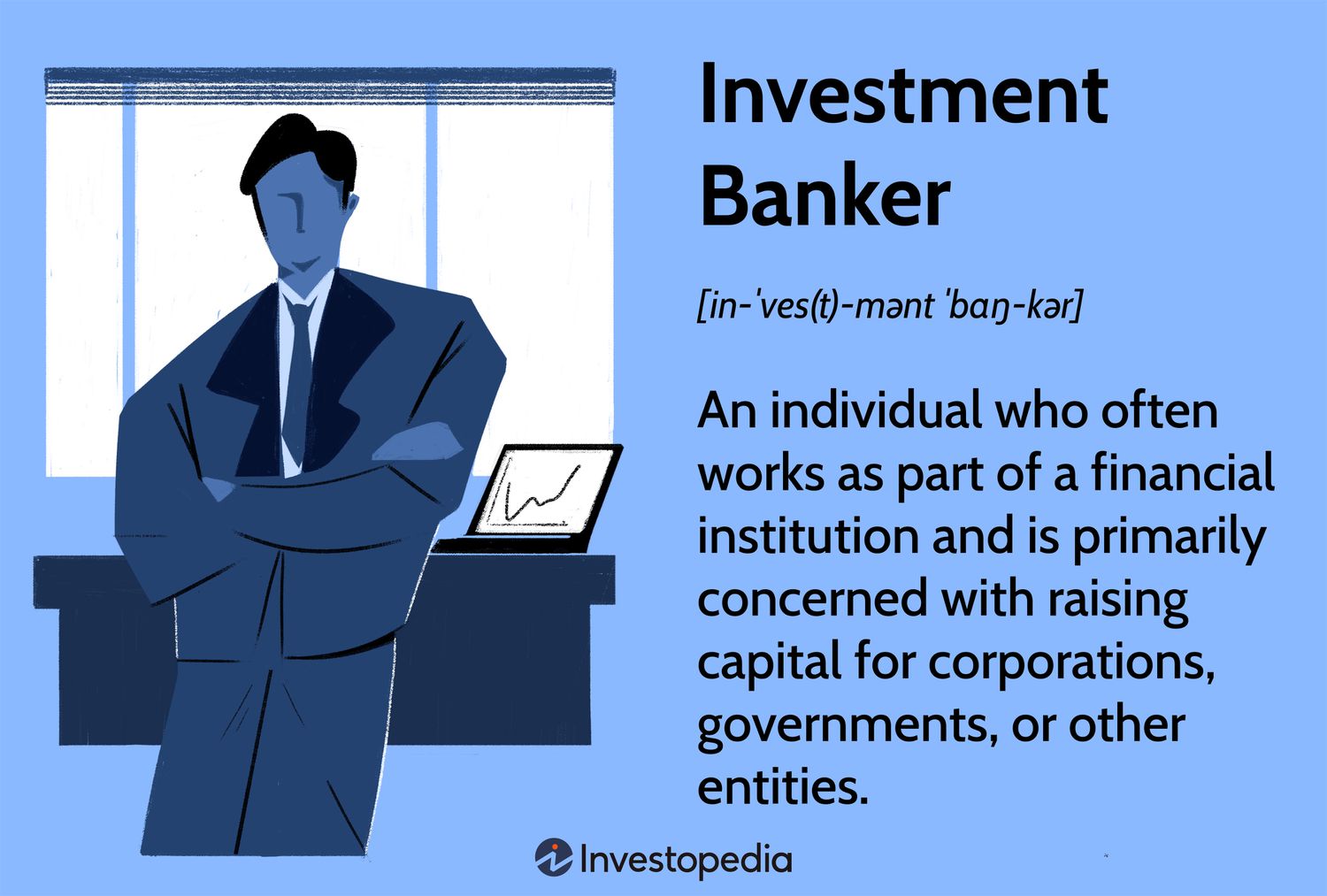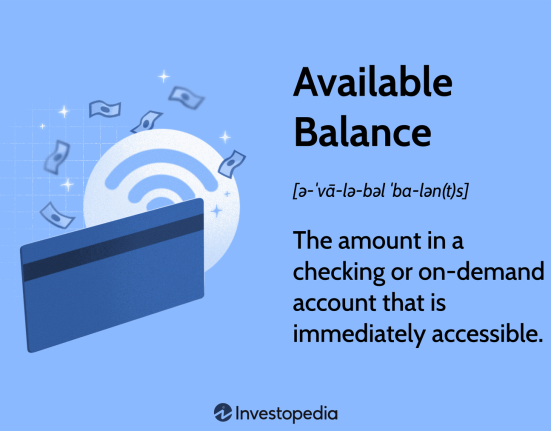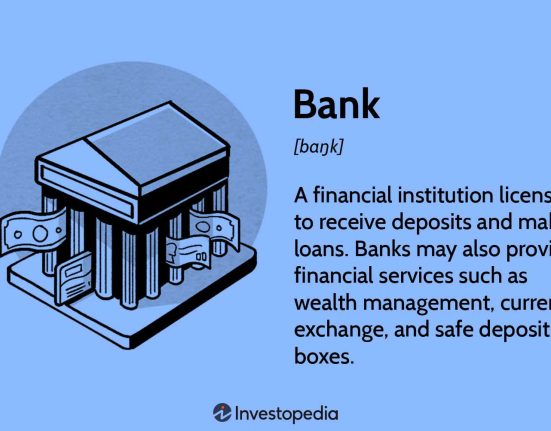What Is an Investment Banker?
Investment bankers play a crucial role in the financial world by advising corporations and governments on how to effectively raise capital through the issuance of stocks and bonds. They facilitate major financial transactions, including acquisitions, mergers, and company sales, guiding clients toward informed, strategic decisions. Leveraging their expertise, investment bankers not only navigate complex regulatory environments but also help businesses capitalize on market opportunities.
Key Takeaways:
- Investment bankers play a key role in advising corporations, governments, and other entities on raising capital through stock or bond issuance, and they are crucial in managing financial transactions like mergers and acquisitions.
- Facilitating initial public offerings (IPOs) is a central responsibility of investment bankers, where they assess market risks and determine share prices to ensure successful public sales.
- The field of investment banking is highly lucrative, with entry-level analysts earning substantial salaries and advancing through a hierarchical system, often requiring an advanced degree like an MBA or CFA.
- Investment bankers are employed by major financial institutions such as Goldman Sachs, JPMorgan Chase, and Morgan Stanley, where they must adhere to strict ethical and professional standards.
- Despite the high earnings potential, investment banking involves significant risk and requires strong analytical skills and a deep understanding of market dynamics.
Investopedia / Jake Shi
Understanding the Role and Responsibilities of an Investment Banker
Investment bankers facilitate large, complicated financial transactions. These transactions may include structuring an acquisition, merger, or sale for clients. Another responsibility of investment bankers is issuing securities as a means of raising capital. This involves creating detailed documentation for the Securities and Exchange Commission (SEC) necessary for a company to go public.
Investment bankers save clients time and money by spotting risks in projects before any action is taken. In theory, the investment banker is an expert in their field or industry, who has a finger on the pulse of the current investing climate. Businesses and nonprofit institutions often turn to investment bankers for advice on how best to plan their development.
An investment banker also assists with pricing financial instruments and navigating regulatory requirements. During an initial public offering (IPO), an investment bank buys many of a company’s shares to act as an intermediary. In this case, acting on behalf of the company going public, the investment bank will subsequently sell the company’s shares into the public market, creating immediate liquidity.
The bank aims to profit by selling shares at a higher price than it paid. Analysts use their expertise to price stocks accurately, though a loss is possible if shares are overvalued.
Important
Investment bankers and their firms take on a high level of risk during an IPO. They must understand the market and their client’s industry to weigh risks against potential profits.
Exploring an Investment Banking IPO Example
When a company works with an investment banker for the IPO, the investment banker’s firm buys the shares from the client at an agreed-upon price, based on how the firm’s analysts value the company and how much they expect shares of the stock to be worth. On IPO day, the firm sells shares to the public at a profit.
As an example, suppose that Pete’s Paints Co. wants to go public. Pete, the owner, gets in touch with Catherine, a prominent investment banker. Pete and Catherine strike a deal in which Catherine (on behalf of her firm) agrees to buy 100,000 shares of Pete’s Paints for the company’s IPO at the price of $24 per share, based on her analyst team’s recommendations. The investment bank pays $2.4 million for the 100,000 shares.
After filing the appropriate paperwork, such as SEC Form S-1, and setting the IPO’s date and time, Catherine and her team offer the stock into the open market at $26 per share.
If the market supports the $26 per share price, Catherine’s firm would make $2.6 million from the IPO, for a profit of $200,000. If demand is low, the firm may struggle to sell all shares at the planned price. Catherine and her team would be forced to reduce the price to sell the rest of the holdings. In this case, the firm could incur a loss on the sale, but Pete’s Paints Co. would still receive $2.4 million.
Essential Skills Every Investment Banker Needs
The investment banking field is popular because investment bankers are typically well paid. However, these positions require specific skills, such as:
Investment bankers must abide by their firm’s stipulated code of conduct and ethics. Because of the sensitive nature of the information they receive, they must typically sign a confidentiality agreement for each client. Moreover, there is potential for conflict of interest if the advisory and trading divisions of investment banks interact.
A hierarchy of positions typically exists in investment banking. These positions usually go from analyst (from junior to senior), associate, vice president, senior vice president, and then managing director.
What Degree Do You Need to Be an Investment Banker?
Educational requirements for investment bankers usually include an MBA from a top-notch institution, and some may have an advanced degree in mathematics. They may also need the chartered financial analyst (CFA) designation, which is offered by the CFA institute.
How Much Does an Investment Banker Make?
An entry-level investment banking analyst can earn between $137,000 and $235,000 annually in 2024. Experienced bankers earn more, depending on their firm and clients. Many investment bankers receive bonuses, tips, or profit-sharing as part of their pay.
Where Do Investment Bankers Work?
The Bottom Line
Investment bankers advise corporations, governments, and other large entities. They assist clients with raising capital, often through stock offerings or floating a bond issue. They can also assist with major financial transactions such as mergers, acquisitions, or the sale of a company.
Investment bankers usually have an MBA or an advanced degree in mathematics, usually from a highly-ranked university. They work for a financial institution and are highly compensated, with annual salaries (plus bonuses) that are typically worth six figures.







